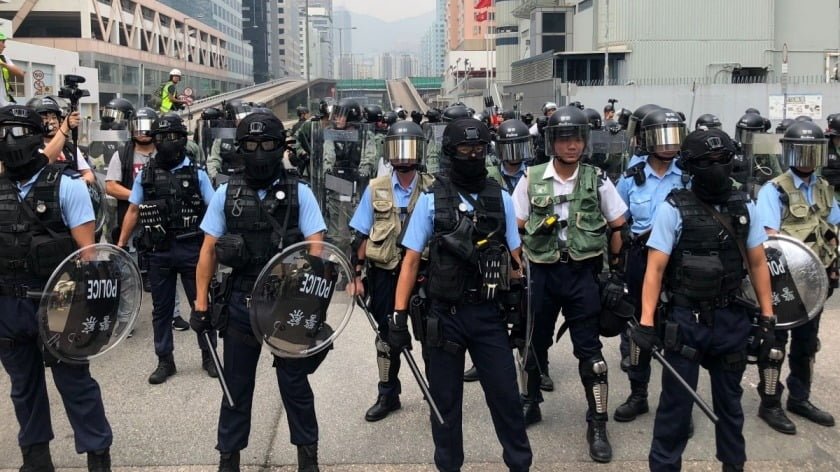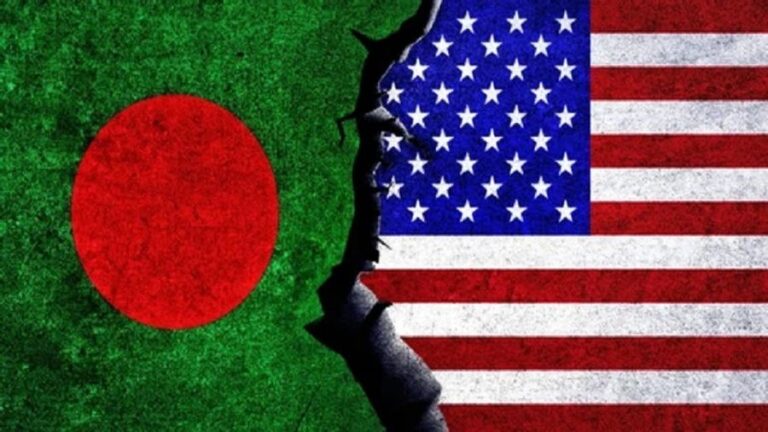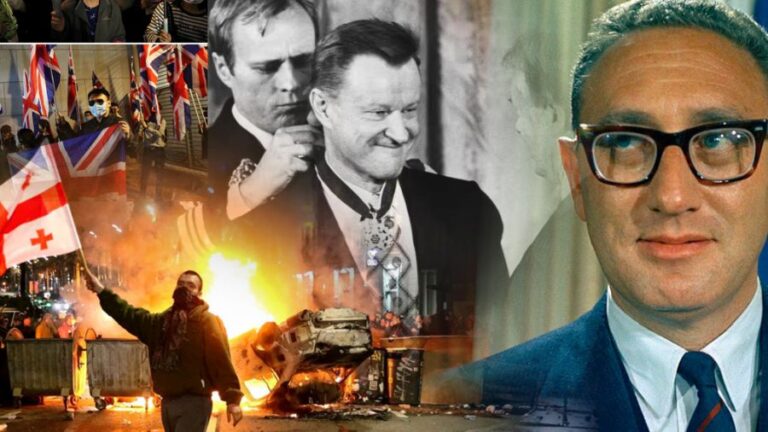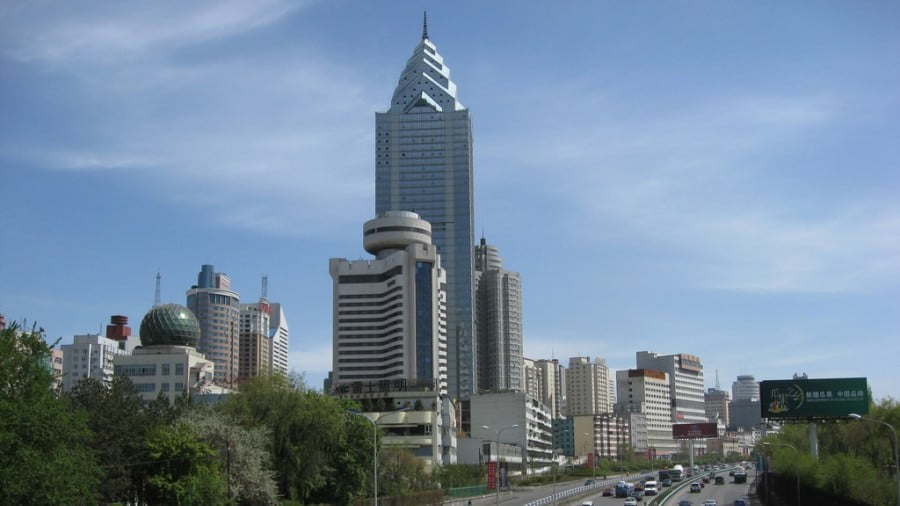The Middle East on Fire: Cui Prodest?
Two events – the terrorist attack that took place in Iran on June 7 and the rift in the Arab world announced on June 5 – mirror the general trend toward abrupt and very grave deterioration of the situation in the Middle East. Analysis of the recent events leads to the conclusion that it’s not a coincidence and the background really matters.
US President Donald Trump openly supported Saudi Arabia and its allies in the standoff against Qatar while German Foreign Minister Sigmar Gabriel accused the United States of dangerously stoking tensions and a new arms race among Middle East neighbors. The US and Germany clashed again after the open disagreement over the role of NATO during the May 25 summit of the alliance. Turkey, another NATO member, strongly backed Qatar. The US finds that its anti-Iran stance is important enough to make it face an open disagreement with its NATO allies!
As predicted, Russia took on the role of mediator. Russian President Vladimir Putin held a phone conversation with Emir of Qatar Tamim bin Hamad Al Thani on June 6.
The US took sides even despite the fact that it makes the lucrative 72 F-15QA fighter warplanes deal with Qatar – a state friendly to Iran – face uncertain future. On June 6, US military delivered airstrikes against Syrian and pro-Iranian forces. One of the goals was to prevent Iran-backed rebels from taking the border crossing into southern Iraq. The US says Iranians are trying to establish a land connection from Iran across southern Iraq to Damascus. Wherever the US is directly or indirectly involved, Iran is always a target.
The US-led coalition has just launched the long expected Raqqa offensive while the Syrian government forces are advancing to the same area willing to launch an operation of their own.
Tehran says that Saudi Arabia is behind the June 7 twin terrorist attacks. The Iranian government points to the fact that the terrorist acts happened only a week after the meeting between the US president and the Saudi king.
All in all, the tensions are running extremely high. Any moment a spark may kindle a big fire to engulf the entire region.
So, why all of a sudden tensions are ignited throughout the Middle East? Why nobody on the US side remembers the recent statements about the willingness to cooperate with Russia in the fight against terrorism and on reaching a peaceful settlement in Syria? Is it a coincidence that the exacerbation of the situation happens exactly at the time the attacks against the president are getting stronger in the United States? Certainly, not. It’s all intertwined.
The possibility of Donald Trump’s impeachment is openly discussed in the media and Congress. According to The Hill, Rep. Al Green, a Texas Democrat and member of the Congressional Black Caucus, is readying the articles of impeachment that mark the first official step in any congressional bid to remove a sitting president.
The president’s approval rating is hitting a new low. The latest Gallup track on June 4 put Trump’s job approval at a dismal 38%. The rating will probably go down further as the so-called Russia investigation is eclipsing other events. Trump’s opponents don’t to miss the opportunities to undermine the position of the president.
Twitter is hardly the president’s best friend. Trump is attacked from all sides.
Democrats take advantage of the situation to increase their chances at the 2018 elections to Congress. Trump’s unpopularity drags down reelection prospects of other Republicans to prompt their opposition to the president. According to Politico, conservatives openly discuss the prospects of Vice President Mike Pence taking the highest office.
True, tensions in the Middle East promise benefits for US defense corporations. Besides, capitals may flow from the tumultuous region to the «safe haven» in America. Remember «America First»? But the most important thing is that military actions are the most effective way to boost popularity. The cruise missile strikes in Syria and the use of the largest non-nuclear bomb in Afghanistan confirmed this fact. The ratings went abruptly up. A short victorious war is a sure way to reverse the negative trend.
President Moon Jae-in of South Korea adopted new approaches to the problem of North Korea to complicate the political decision to use force against Pyongyang. The conflict there does not promise huge arms deals as in the case of Saudi Arabia and other Persian Gulf states. Iran and the United States have been in a near-constant state of hostility over the past three and a half decades. President Trump has always been harsh on Iran. Catching fish in the troubled waters of Sunni-Shia conflict may bring benefits. Creating an anti-Iran Arab NATO will boost US clout in the region and hike the president’s popularity at home. Here is the answer to the «cui prodest» question.
By Andrei Akulov
Source: Strategic Culture







